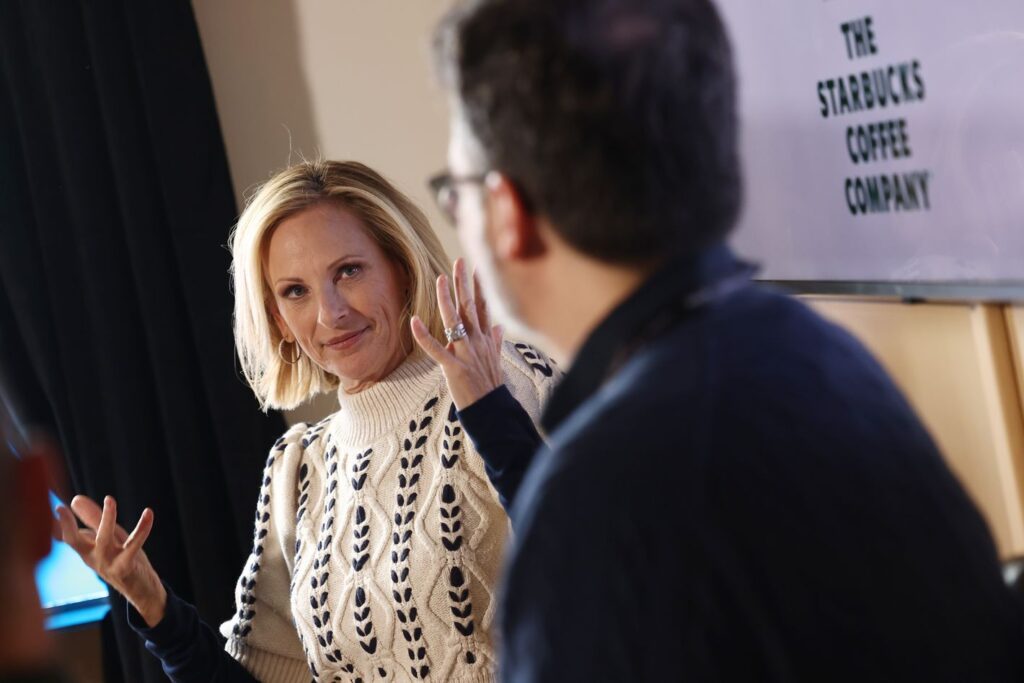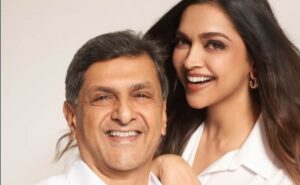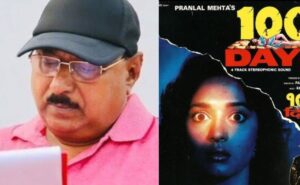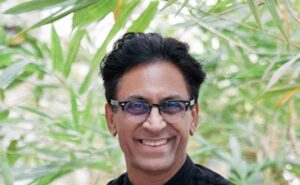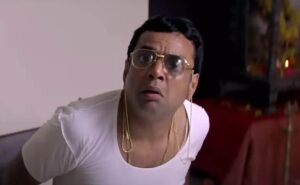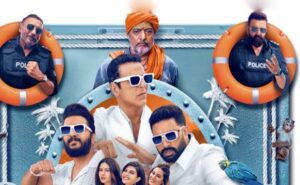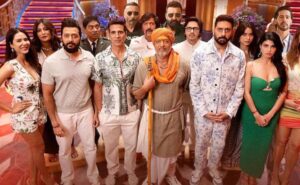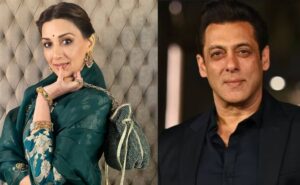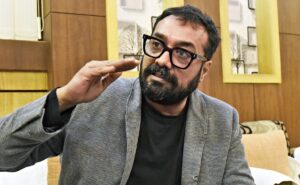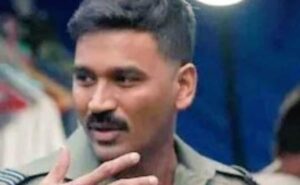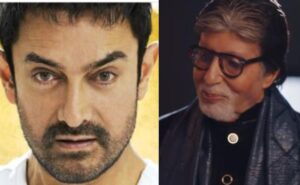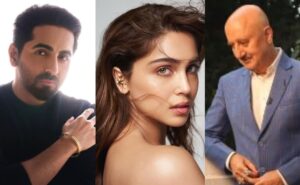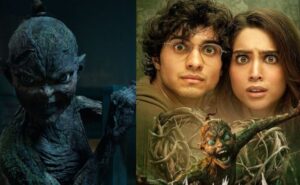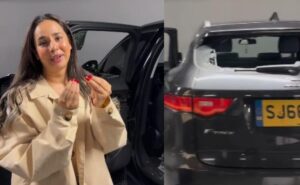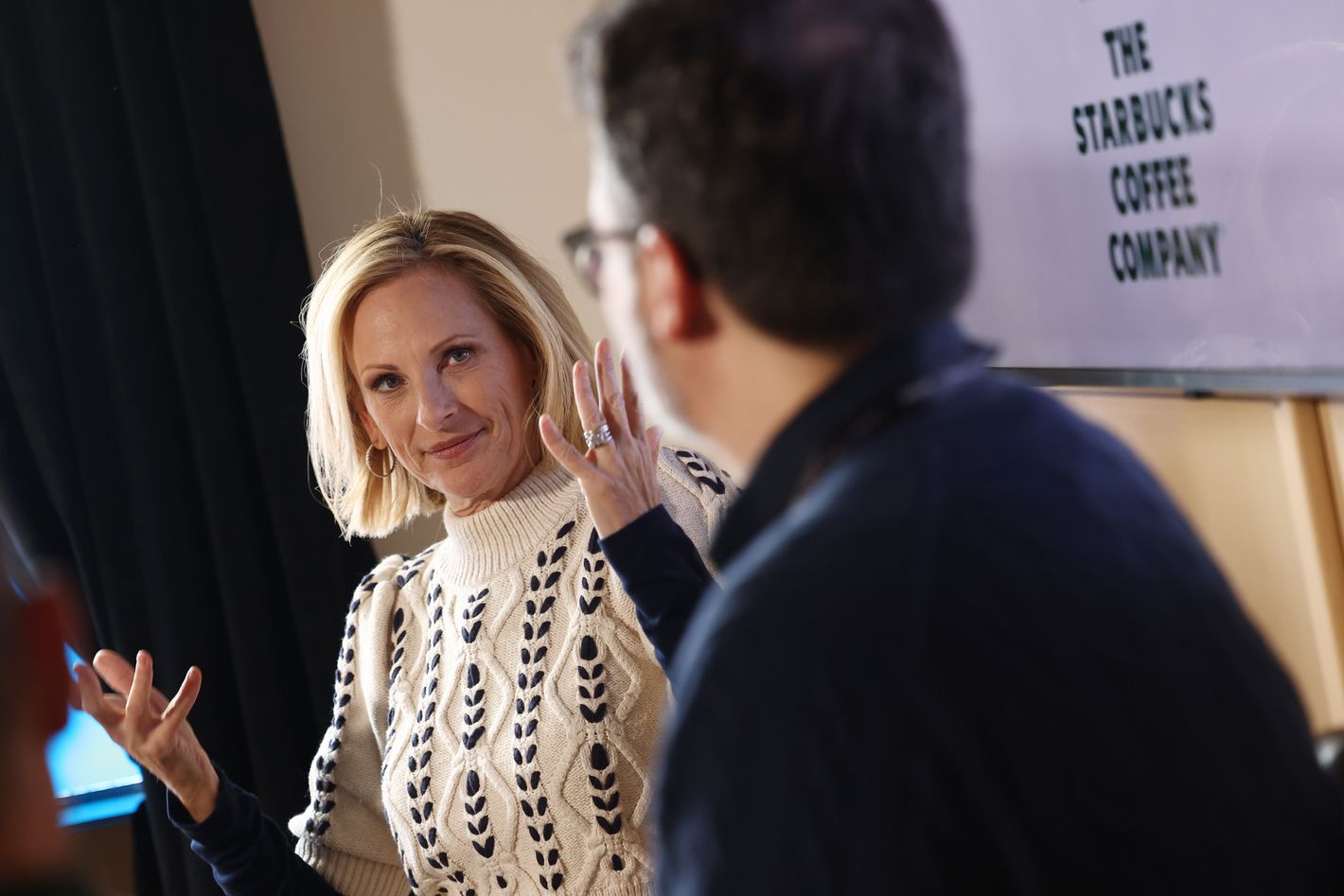
It’s wild to think about, but Marlee Matlin still holds the distinction of being the youngest winner of the Best Actress Oscar. As Shoshannah Stern’s moving new documentary, Marlee Matlin: Not Alone Anymore, reminds us, the actress was 21 when she won for 1986’s Children of a Lesser God and only 19 when she was cast in Randa Haines’s film adaptation of Mark Medoff’s searing romantic drama about the relationship between a young deaf woman and a hearing speech teacher (played by William Hurt). The role (and the win) instantly made Matlin one of the highest-profile deaf Americans and catapulted her into a lifetime of activism. But she was also in the midst of a more private ordeal: She was in rehab when she got her Oscar nomination and was struggling to get out of an abusive relationship with Hurt, about which she would open up only later.
The progress toward deaf representation in film that felt so inevitable in 1986 never quite materialized, and Matlin went on to face difficulty in finding major movie roles in the ensuing years. (Not until 2021’s CODA, in which she co-starred, did another deaf actor win an Oscar.) So she made the switch to television fairly early, in 1991, with a lead role in the NBC series Reasonable Doubts. This was a time when film actors, let alone Oscar winners, doing TV roles was greatly frowned upon. But Matlin proceeded to deliver unforgettable performances in shows such as Seinfeld, The West Wing, Law & Order, and The L Word. Along the way, she began to discuss her own struggles, first in her 2009 memoir, I’ll Scream Later, and now, in this remarkable documentary. Matlin, alongside her longtime interpreter, Jack Jason (who has worked with her since 1985), talked to us at the Sundance Film Festival about how it felt to look back at her career for this film, winning an Oscar at such a young age, and the difficulties of trying to play dead in Ed Harris’s presence.
Marlee, I really love this film. I found it incredibly moving and beautifully made. How did you come to work with Shoshannah Stern, the director?
I had a meeting over lunch with American Masters, and they said they would be doing a film about my life. So I said, “Sure, why not?” And I said, “One condition: I think it should be directed by a deaf director.” They said, “Okay, do you know anyone?” And I said, “Sure. Shoshannah Stern.” They said, “All right. Has she directed before?” “No.” And they went, “Oh, all right. We all have to start somewhere.” I knew she would be the perfect fit for this project because she’s brilliant in everything she does. I’ve always listened to my instinct, and I knew Shoshannah would be the perfect fit to direct this project. So the rest is history.
Much of the film features you and Shoshannah in the same shot on a couch, signing to each other. It’s so rare to see a director and their subject onscreen at the same time. Tell me about the decision to include those scenes in the film.
Well, I can tell you I had zero input in the creative decision-making process. All I did was get dressed, put on my own makeup, and do the interviews. I did tell Shoshannah who I thought would be good for her to talk to for the film. But as far as everything in the creative process — the editing, the sound, the color, the timing, even how I sat on the couch — I just left it up to Shoshannah. I never even showed up with any of the other interviews she did. I didn’t talk to them in advance. I put 1,000 percent trust in Shoshannah, and I think that was probably the best decision I’ve ever made. It was a risk for me because, typically, I’m a control freak; I’m a Virgo. But I listen to my gut, and I’m proud of myself.
Speaking of decisions, I want to know how and when you decided you wanted to be an actor.
I decided I wanted to be an actor the first time I saw Linda Bove, an actress who’s deaf, when she made an appearance on Happy Days. I thought, Oh yes, I get it. That’s exactly what I want to do. She played the librarian on Sesame Street. She’s very well known and well respected in the deaf community. I thought, Wait, she’s signing, and she’s deaf on Happy Days. I could do that too.
Even though there were actors like Linda at the time, there was no real blueprint for deaf actors to break into movies or make a name for themselves. What kept you going during this period?
Well, there were deaf actors who had made appearances in films before me. They didn’t have name recognition in the mainstream, but they were well known in the deaf community. Linda Bove, Phyllis Frelich, Bernard Bragg, Herb Larson, Audree Norton — there’s a lot. They’re not all here with us anymore, but they were incredible, talented actors, and they were all from the National Theatre of the Deaf. Children of a Lesser God was really what broke it all open into the mainstream, where the hearing world became aware of us.
I remember I was 13 years old when Children of a Lesser God came out. And even though it was not a movie for 13-year-olds to watch, my parents took me to see it, and I was so startled and moved by the film. It was a really seismic event when you won that Oscar. Until I watched the film again, I had forgotten how young you were when you got the part, when you made the film, and when you won the Oscar. You’re still the youngest Best Actress Oscar winner. Did you ever think during that time, This is happening too fast. I’m too young for this?
In all honesty, no. I was too young to think I was too young to get the Oscar. I was immature; I was barely out of high school, and I wasn’t sober. I was still just cruising along in life, learning as things came. It was all part of a learning curve. But I do remember thinking, Wow, I made it in Hollywood. I’ve always wanted to be in Hollywood since I saw Happy Days. Linda’s there, now I’m there.
When I went to the Oscars, I saw the actors and movie stars I’d always looked up to, and I remember feeling like I was just a regular person. I didn’t feel like I belonged. Then I got the Oscar, but I was proud in my own sort of singular way — celebrating by myself, not with all of them, the rest of the community, quietly clutching my Oscar. At the same time, it was just a different type of celebration. If it happened today, it would’ve been different.
You were actually at the Betty Ford Clinic when you found out you were nominated for an Oscar, correct?
That’s correct. There was no social media or TMZ at the time. It was a time when I took charge of my own self. I remember thinking, I need to take care of myself. The timing was completely wrong — during the publicity campaign, the nomination campaign, the awards season. Everybody’s talking about nominations, and I decided, No, I’m going to rehab.
I put myself in rehab, shut the window, and I said to Jack, here, my interpreter, “Do not tell a soul. Not even Paramount, not even the PR people.” My family knew, and they were completely opposed to it. They didn’t support me at all. They said, “Wait, Marlee. You smoke pot. So what?” But they didn’t understand the extent of my addiction and that I did much more, and I didn’t tell them about the domestic violence I was experiencing. It was the most vulnerable time in my life, the most scary time in my life, the most lonely time in my life, yet I knew I had to do it and had to find the strength to walk through the doors of the Betty Ford Clinic. I’m giving myself chills just talking about it. I almost didn’t make it. I pushed myself as hard as I could to go in the doors, and it was the best gift I ever gave myself. In 38 years of sobriety, it’s been amazing. And then, in the middle of rehab, Jack called me and said, “Hey, am I talking to the Best Actress nominee?” I was like, “What?” It was 5:30 in the morning. Everybody was asleep. My counselor said, “Congratulations, now clean up your room,” and then I just continued with my rehab. So there you go.
How do you feel about Children of a Lesser God today?
If you made that today, I don’t think you would get the same reaction from the community. To us, it’s a bit of a horror. I’m being a little too blunt, but if you were to look at it through the lens of today and do it again, I would change the film because it’s a manipulative approach to telling a story. The character Bill Hurt played, what he was doing was for the hearing adults and parents, not for us, the deaf children. It was not natural for us, and it wasn’t normal for us, and it was an approach that didn’t let us be who we wanted to be.
You know, it was a love story. That’s the movie — it’s a love story. Every deaf woman has played Sarah, that character. There’s been no other play other than Children of a Lesser God. No one has written one. No one has created such a character in a play ever since then. I’ve been waiting for that, as far as theater goes, for a deaf playwright to create something. And there are fantastic ones out there who could equal the most well known hearing playwrights.
I want to ask about a film you probably never get asked about, and it’s a film you made after Children of a Lesser God, called Walker, directed by Alex Cox. It’s a crazy acid western that got savaged by the critics. I think it made about $2 at the box office. It’s one of my favorite movies. It’s not a huge part, but you’re kind of the conscience of the movie.
A part is a part!
A part is a part! It’s not a big part but an important part. And actually, it’s a character who does not need to be deaf. She just happens to be deaf, and it’s a wonderful performance. What are your memories of working on Walker?
Alex Cox, who wouldn’t want to work with him? I mean, I remember Ed Harris, whom I love. I played his wife, and we shot in Nicaragua, and it was very, very intense. He is a very intense actor, extremely intense, but he was a friend as well, which helped me a great deal. He was a Method actor.
I remember my character dies, and I had to lie in a coffin, and it was the only time I had ever lay in a coffin. I think my grandmother had just passed away. I was in the coffin and I had taken off my hearing aids, so I had no idea what was going on at all. They were rolling or shooting. I had to have my eyes closed, and I just laid there. I’m deaf, right? And the character’s deaf. So I’m in the coffin, and I had my eyes closed, and I’m waiting and waiting and waiting. I was like, What’s taking so long? What’s happening? And all of a sudden, I felt the coffin shake. I opened my eyes and saw what was happening: Ed was so angry because he was trying to work. Jack told me he was trying to work, trying to be sad, and I think he was trying to cry. No, he doesn’t have to try to cry; I mean, he was crying, but someone was making noise and he flipped out. And I was trying to die. For the longest time, I was trying to die, but it was intense. I remember that. But I had a good time in that film trying to play dead.
Obviously, your Oscar win was seen as a moment of great progress and it seemed to open some doors, or people expected it would open a lot of doors, for the deaf community. Something similar happened with CODA’s win a couple of years ago. But it seems so often that we anticipate progress and then it doesn’t always come. What does it take to sustain that kind of progress?
You know, we were all excited about CODA. Every person said, “Oh my God, I love CODA,” and the co-stars got the same attention wherever they went. “We love CODA. We really do.” Yes, fun. But whether you’re talking about more stories or film or work, the energy doesn’t sustain itself. Even though I’m not a writer, we’re not going to sit back and wait for things to come our way. We do have deaf writers who are writing and submitting projects of all sorts, but it’s a matter of the studios who still do not green-light these projects. I’m not saying all studios, to be fair. They may look at the project and say, “You know what? We love this, but we already have one deaf character in a project, so unfortunately we’re going to pass.” It’s a bit of tokenism, and studios need to embrace more deaf characters in scripts. Deaf characters can be a variety of characters. They don’t have to be in deaf stories; they can be characters who happen to be deaf in the story. It’s just like your hearing characters who play all the different kinds of characters in hearing movies. Studios need to embrace us, and they need to accept us.
Or at the very least, stories with deaf characters.

